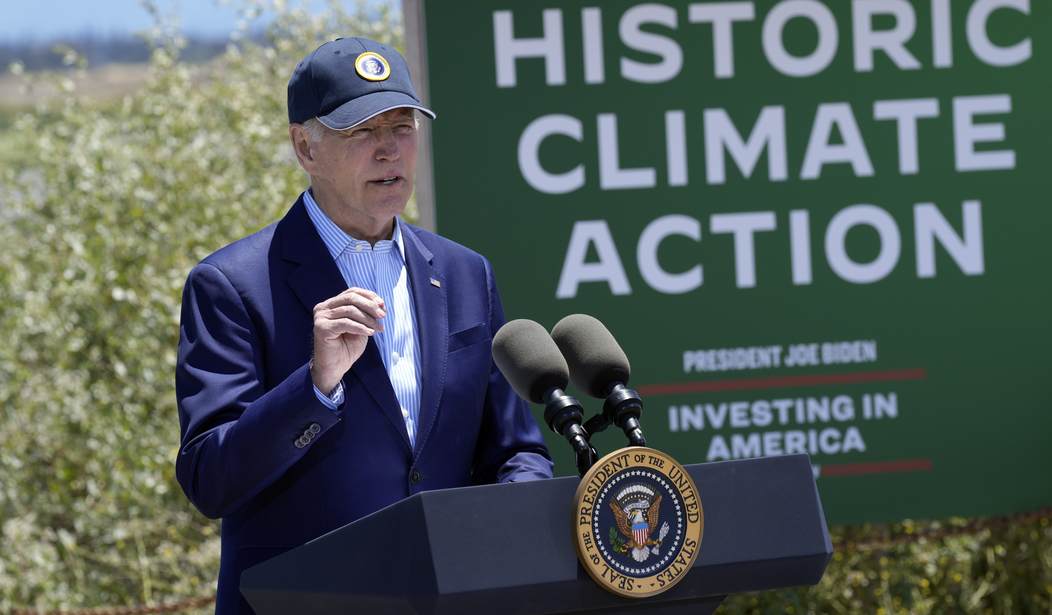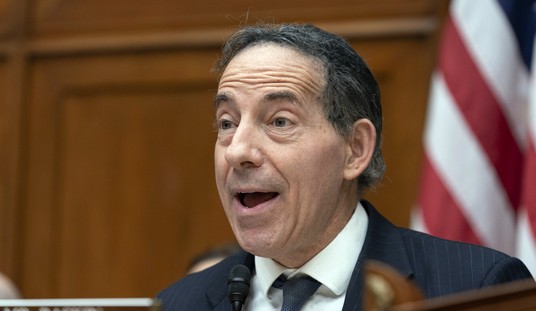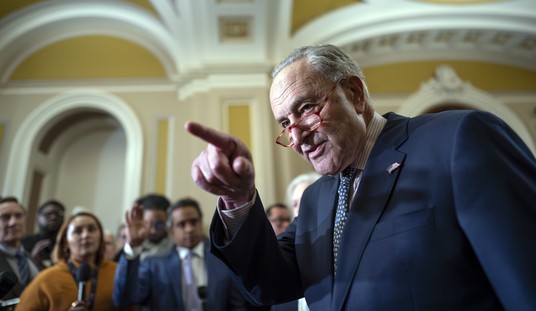Sometimes, people really do change.
Scientists are supposed to be amenable to changing their assumptions. That's how science is supposed to work: One gathers data, forms a hypothesis, tests it by observation and experimentation, and if the results disprove the hypothesis, one changes the hypothesis and starts over. Too often, in too many politicized branches of the sciences, like climatology, the trend in recent years has been to instead go looking for different data.
Which brings me to Mike Hulme. On his Substack, Roger Pielke Jr. gave some guest space to Dr. Hulme, who he described in the intro:
This is a guest post by Mike Hulme, Professor of Human geography at Cambridge University. Mike is one of the world’s most accomplished climate scientists. Hulme participated in the IPCC second and third assessments, was part of the Climatic Research Unit at the University of East Anglia, where he subsequently founded the Tyndall Centre for Climate Change Research at UEA. He has been at Cambridge University since 2017.
This is a man with some serious climate bona fides, and he has a tale to tell about his journey from scold to rationalist. I won't pretend to agree with all of Dr. Hulme's conclusions, but his willingness to re-examine not only climate data but social and political realities is worth considering.
He begins:
Since first immersing myself in the topic in the 1980s, and subsequently being part of the scientific and public story of climate change in the 1990s and 2000s , I was easily convinced that the growing human influence on the world’s climate would be a reality that all nations would increasingly need to confront, a reality to which their interests would necessarily be subservient and that would be decisive for shaping their development pathways. For more than half of these 40 or so years, it seemed to me self-evident that relations between nations would forcibly be re-shaped by the exigencies of a changing climate.
But now, in the mid-2020s, I can see that I got this the wrong way round. And I can also see why this was so. Rather than geopolitics having to bend to the realities of a changing climate, the opposite has happened. The unyielding force of political realism—the pursuit of the changing and unpredictable interests of nations and great powers—means that the framing, significance, and responses to climate change need continually to adapt to shifting geopolitical realities. Except that too often they haven’t. Whilst the world’s climate has undoubtedly changed over these 40 years, the geopolitics, demography, and culture of the world has changed even more. Too often the language, rhetoric, and campaigning around climate change remains wedded to a world that no longer exists.
In other words, people in general have been inundated with climate change information; no one can claim they are not aware of this topic, unless they have been living in the back end of a troll cavern in Norway for the last fifty years. But the increasing swing towards populism, towards pragmatic solutions, has led many to the acceptance that just because the climate is changing — it always has and always will — there's no reason to surrender our comfortable, modern, high-tech, energy-dependent lifestyle.
Mike Hulme, because of these realizations, was led on an intellectual journey.
Yet by 2007, the illusion under which I had been working—that geopolitics would bend to the force of concern over climate change—was already ending. The Kyoto Protocol, signed in 1997, ratified in 2004, had yielded next to nothing in terms of emissions reductions. Also running out of steam was Tony Blair’s campaign of international climate diplomacy conducted during the years 2003-2005, a self-conscious attempt to harness the moral high ground following the geopolitical disaster of the British Government’s support for the 2003 Iraq war. More significantly, the Global Financial Crisis of 2008 was the prelude to this disillusionment, and the failure of the Waxman-Markey cap-and-trade Bill to pass in the US Senate in the summer of 2009 the main act. And the denouement came in December 2009 at COP15, billed as ‘the most important meeting in human history’. During a few days in a wintery Copenhagen, China’s growing political and economic muscle was firmly exercised, the impotence of the EU’s climate diplomacy revealed, and the limits of late twentieth century internationalism exposed.
In other words — again — the organized attempts to rally people and government to self-destruct in the name of "climate change" were failing, and badly.
See Related: Deputy Prime Minister of Nepal Calls for 'Collective Action' on Climate Change - Because He's a Communist
This shouldn't come as a surprise. Most people will always act and vote in their own perceived self-interest, after all. There are climate protestors, like a certain Swedish Doom Pixie we could name, who make a living as a professional scold — although we might note that the Doom Pixie's nickname may be even more apt than ever, as she has added support for Hamas to her profile of nitwittery. But the main run of the population, while they may well tell pollsters that they are concerned about climate change, are more concerned about their bank accounts and their internet access. Electric vehicles have to be subsidized to sell, as do household solar panel systems; that in itself says a lot about public acceptance of green technologies.
Here, though, is Mike Hulme's finale:
To use the language of Jason Maloy at Louisiana University, climate change is neither an emergency or a crisis; it is a political epic, “a process of collective human effort that features gradual progression through time, obscure problem origins, and anticlimactic outcomes.”
The best that we can say is that the world will continue slowly to decarbonize its energy system and, at the same time, the Earth will continue slowly to warm. And societies will continue to adapt to evolving climate hazards in new ways, as they have always done, with winners and losers along the way.
The world is, yes, slowly decarbonizing; at least, the developed world is. Why? In part, because there is one power system that is working its way slowly back into broader acceptance, with new technologies, that is not only truly emissions-free but also has the highest energy density of any generation method to date: nuclear power. The earth will continue to warm; it has been, minus a few side jaunts, since the end of the last major glaciation about 11,700 years ago. And we will adapt to warming conditions; places now too cold to grow crops will become the new breadbaskets of the planet, even as some more southerly places turn to desert — or rain forest. 'Twas always thus; in the Eocene, much of Europe was covered in tropical rain forest, and as recently as the Miocene, there were no polar ice caps to speak of.
Humans are smart and adaptable. We'll deal with the issues as they arise, many of them in ways we can't yet imagine; as I am continually saying, we solve today's problems with tomorrow's technologies, and in some cases, we don't know what those technologies will be yet. If I had to guess, I'd say the biggest possible game-changer would be practical, grid-scale fusion power, but that is, as we say, still forty years away, and has been for half a century or more.
Mike Hulme has nevertheless made an interesting intellectual journey. Climate isn't just a matter of science. As it is framed in today's geopolitical world, whether we like it or not, it is now a policy issue. Public policy must be based on a scrupulous analysis of facts, and that means all the facts, including all of our possible sources of energy — including nuclear power — and the quality of life of humanity, which, again, requires abundant, cheap, reliable, high-density energy.
That's what we can hope for in the future. That's what Mike Hulme is realizing. His essay is worth considering. We might not agree with all of his positions, but his intellectual journey is probably not done yet.













